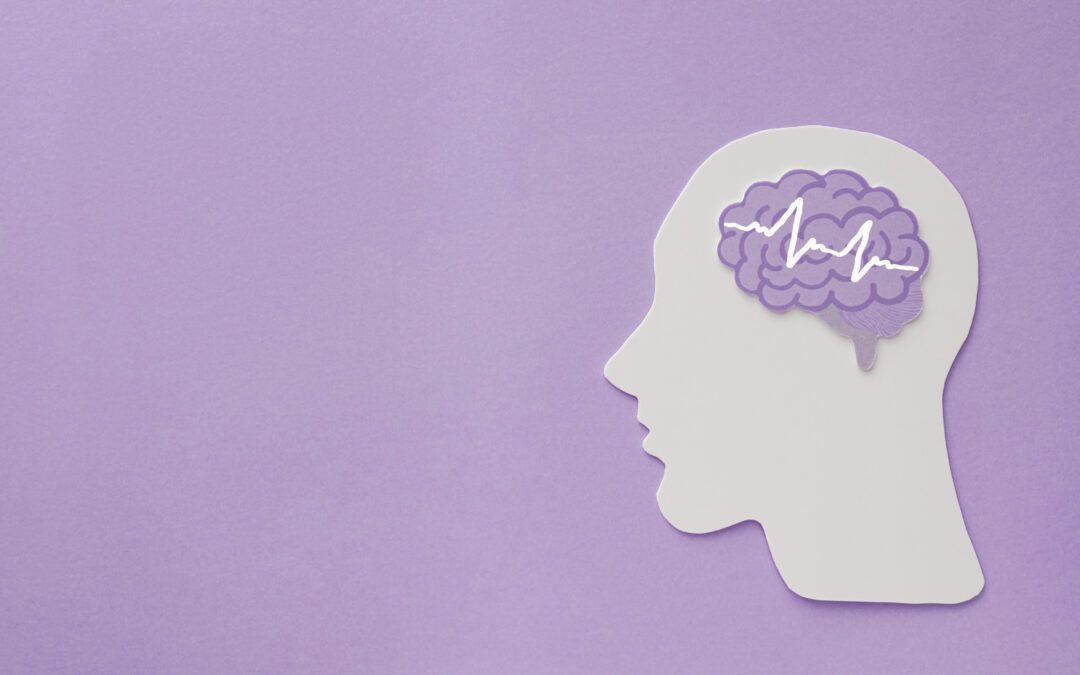Each June, Alzheimer’s & Brain Awareness Month invites us to pause and reflect on one of the most important aspects of our long-term health – our brain. While Alzheimer’s disease is most often associated with ageing, science is increasingly showing that the groundwork for good cognitive health starts decades earlier.
The choices we make in our 30s, 40s, and 50s, how we move our bodies, what we eat, how we handle stress, and how we engage our minds, can all influence our brain’s resilience later in life. If you’re a young adult or an adult child of someone living with dementia, Alzheimer’s & Brain Awareness Month offers a meaningful opportunity to take stock, take action, and start investing in your brain health today.
Brain health is not just a senior topic
One of the most common misconceptions about Alzheimer’s and other dementias is that they only affect the elderly. While symptoms usually appear in later years, the biological changes that lead to cognitive decline can begin long before any noticeable memory issues. This is why prevention and early lifestyle changes matter.
Researchers often describe Alzheimer’s as a “silent build-up” that can span over 10 to 20 years before a diagnosis. That means taking care of your brain now, in your 30s or 40s, is not only wise, but essential. Just like you wouldn’t wait for heart trouble before considering a healthier diet, you shouldn’t wait for memory lapses to prioritise brain health.
Daily habits that influence long-term brain health
Protecting your brain is not about a miracle supplement or a single solution. Instead, it’s about the small, consistent habits that support your brain’s overall function and resilience. Getting enough quality sleep, for example, allows the brain to clear toxins and consolidate memories. Poor sleep, on the other hand, is increasingly being linked to a higher risk of cognitive decline.
Exercise plays another important role. Physical activity promotes blood flow to the brain and encourages the growth of new neural connections. Even moderate movement like brisk walking or swimming a few times a week can make a real difference over time.
Nutrition is equally powerful. Diets rich in leafy greens, berries, fatty fish, and whole grains, such as the Mediterranean diet, are associated with better cognitive function and reduced Alzheimer’s risk. These foods are high in antioxidants, healthy fats, and anti-inflammatory compounds that support brain cell health and reduce oxidative stress.
Mental engagement matters too. Learning new skills, reading, solving puzzles, or even having deep conversations all help build what researchers call “cognitive reserve.” This is the brain’s ability to adapt and find new ways to complete tasks, even when some areas become affected by age or disease. The more you challenge your brain, the more resilient it becomes.
Social connection is often overlooked in discussions about brain health, yet it is just as crucial. Regular interaction with friends, family, or even through community groups can reduce stress and protect against the cognitive decline that isolation may accelerate. Our brains are wired for connection, and nurturing relationships helps support emotional and mental wellbeing throughout life.
Looking after yourself as a caregiver
If you’re already caring for a parent or loved one with Alzheimer’s or dementia, this month can also serve as a reminder that your health matters too. Caregiving is demanding and often emotionally exhausting. It’s easy to put your own needs last, especially when a loved one requires constant attention. But remember your long-term wellbeing depends on the very same brain-healthy habits you’re encouraging for them.
Taking regular breaks, engaging in self-care, and building a support network, or occasionally considering respite care, is not a luxury, it’s a protective measure for your mind and body. The earlier you start making space for these habits, the better your ability to sustain the role without burning out.
Why Alzheimer’s & Brain Awareness Month matters
Alzheimer’s & Brain Awareness Month is not just about wearing purple or posting facts – it’s about creating a shift in how we approach our future health. It’s a chance to ask ourselves hard questions: Are we doing enough to protect our minds? Are we building lives that support healthy ageing? And are we prepared to make changes now that could improve our quality of life later?
It is never too early to start. Whether you are in your 20s or midlife, the steps you take today are laying the foundation for the decades ahead. And while we cannot prevent all forms of dementia, we can certainly take action to reduce our risk and strengthen our mental resilience.
Final thoughts
Alzheimer’s & Brain Awareness Month gives us a powerful reminder that brain health is a lifelong journey. It is not just a concern for seniors or something to think about “one day.” It is something we each have the power to nurture and protect starting now.
At Livewell, we see the impact of these choices every day. Our work with residents living with dementia reminds us just how precious cognitive function is and how important it is to prioritise it while we still have time. Whether you’re focused on your own wellbeing or supporting a loved one, know that brain health starts with awareness, but thrives with action.
This month, take a moment for your mind and make it a habit that lasts.
If you need help with a loved one diagnosed with dementia, or needing a respite care break, get in touch with Livewell to discuss how we can support you.
